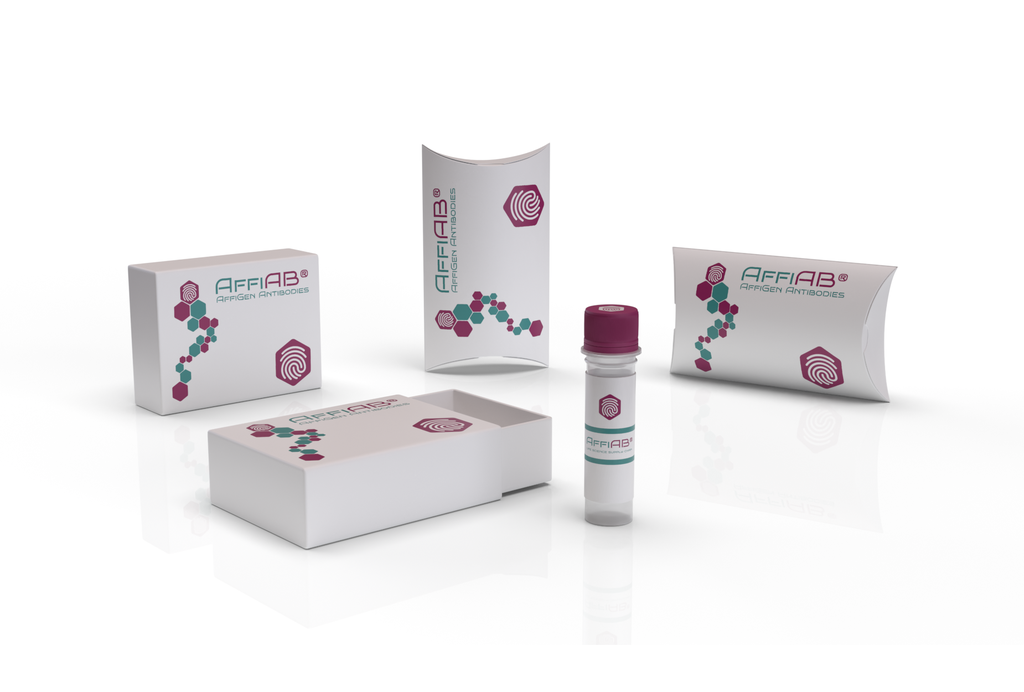AffiAB® Anti-XPA Antibody
This gene encodes a zinc finger protein plays a central role in nucleotide excision repair (NER) , a specialized type of DNA repair. NER is responsible for repair of UV radiation-induced photoproducts and DNA adducts induced by chemical carcinogens and chemotherapeutic drugs. The encoded protein interacts with DNA and several NER proteins, acting as a scaffold to assemble the NER incision complex at sites of DNA damage. Mutations in this gene cause Xeroderma pigmentosum complementation group A (XP-A) , an autosomal recessive skin disorder featuring hypersensitivity to sunlight and increased risk for skin cancer.
Antibody type
Rabbit polyclonal Antibody
Uniprot ID
SwissProt: P23025 Human; SwissProt: Q64267 Mouse
Recombinant
NO
Conjugation
Non-conjugated
Host
Rabbit
Isotype
IgG
Clone
N/A
KO/KD
N/A
Species reactivity
Human, Mouse, Rat
Tested applications
WB, IHC-P
Predicted species reactivity
N/A
Immunogen
Synthetic peptide within human XPA aa 20-60.
Storage
Store at +4°C after thawing. Aliquot store at -20°C. Avoid repeated freeze / thaw cycles.
Form
Liquid
Storage buffer
1*TBS (pH7.4) , 0.2% BSA, 50% Glycerol. Preservative: 0.05% Sodium Azide.
Concentration
1 mg/mL.
Purity
Immunogen affinity purified.
Signal pathway
N/A
Recommended dilutions
WB: 1:500-1:2, 000
; IHC-P: 1:200-1:1, 000
Molecular Weight
Predicted band size: 31 kDa.
Subcellular location
Nucleus.
Positive control
Hela cell lysate, A431 cell lysate, rat large intestine tissue, human thyroid tissue, human colon carcinoma tissue, human skin tissue, human prostate carcinoma tissue, human breast tissue, human breast carcinoma tissue, human stomach carcinoma tissue, human small intestine tissue, mouse testis tissue, mouse kidney tissue.
